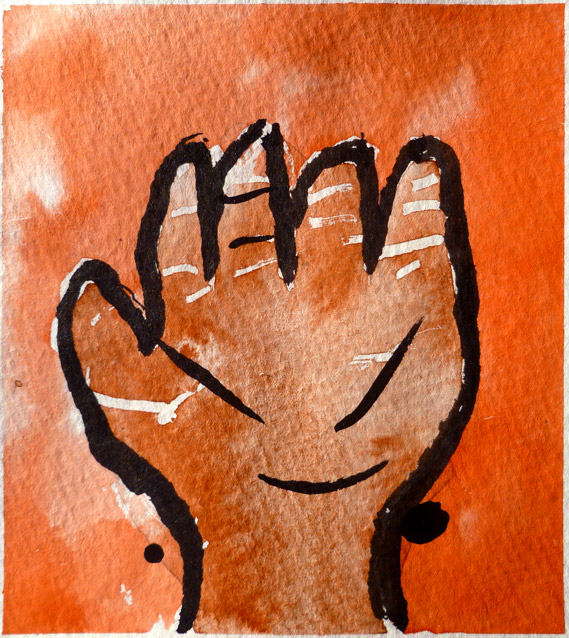ARTICLES
• Reducing Legal Fees
• Considerations For Separation
• Expectations and Goals
• Alternate Dispute Resolution

Heat not a furnace for your foe so hot that it do singe yourself.
– William Shakespeare
These friendlier methods, called alternate dispute resolution (ADR) include settlement meetings, mediation, arbitration, mediation/arbitration, collaborative law, and parenting coordination. The FLA and the Law Society of BC jointly determine the training and other requirements for professionals working in the ADR field.
What do I mean by settlement meetings?
Settlement meetings can simply involve you and your partner sorting it out alone over the kitchen table. Or, if you have retained lawyers, the two of you and your lawyers can meet at one of the lawyers’ offices to work out terms of an agreement. Lawyers call this a four-way.
What is family mediation?
Family mediation comes in various forms. At the simplest level, mediation involves you and your partner meeting with a neutral person, who has special training, to talk through all the issues and work towards an agreement. Mediations can also be done with both the parties and their lawyers present. If the mediator is also a family law lawyer, that process can be expected to result in a finished separation agreement. If the mediator is not a lawyer, you can expect to end up with a memorandum of agreement (MOA) that can form the basis of a separation agreement prepared by a lawyer. Sometimes a mediation process will have both partners in the same room, and sometimes the partners will work with the mediator in separate rooms. Sometimes two mediators will be involved. You don’t have to have a lawyer to take part in mediation, but your mediator will suggest that you at least consider consulting your own separate lawyer before signing an agreement.
What is arbitration?
In the family law context, arbitration is a process where the parties, with the help of their lawyers, set up a private arrangement for hiring their own “decider” – the arbitrator – putting all their information and arguments before the arbitrator, and eventually getting a decision from the arbitrator. Arbitration means that you are setting up your own court, with your own judge. You pay for all of it, but it is kept private, and you can get this done quickly, whereas going to court is usually a long and drawn-out process.
What is mediation/arbitration?
This is a fairly new arrangement in family law circles in BC. MedArb, as the name suggests, includes the possibility of both mediation and arbitration. Here, the neutral person, the mediator/arbitrator, is hired to try to help the parties reach agreement by mediation, but if that fails, the mediator/arbitrator turns the process into an arbitration and prepares to make a decision for the parties.
What is collaborative law?
This is a process where the parties enter into an agreement, with their lawyers and with one another, to try to work out their differences without going to court. They agree that if they decide in the end to go to court, they have to start over with new lawyers. The collaborative process can involve the parties working with psychologists, financial advisors, coaches and others who can help them reach agreement in a fair and rational way.
What is a parenting coordinator?
A parenting coordinator is in effect a mediator/arbitrator hired by the parties jointly to help them work out ongoing issues they have regarding their children. The PC will try to talk with the parties to see if they can sort through any particular issue by agreement, but failing that, the PC will make the decision for them. The contract between the parents and the PC will set out exactly what will be involved at each stage.
© LM Family Law
